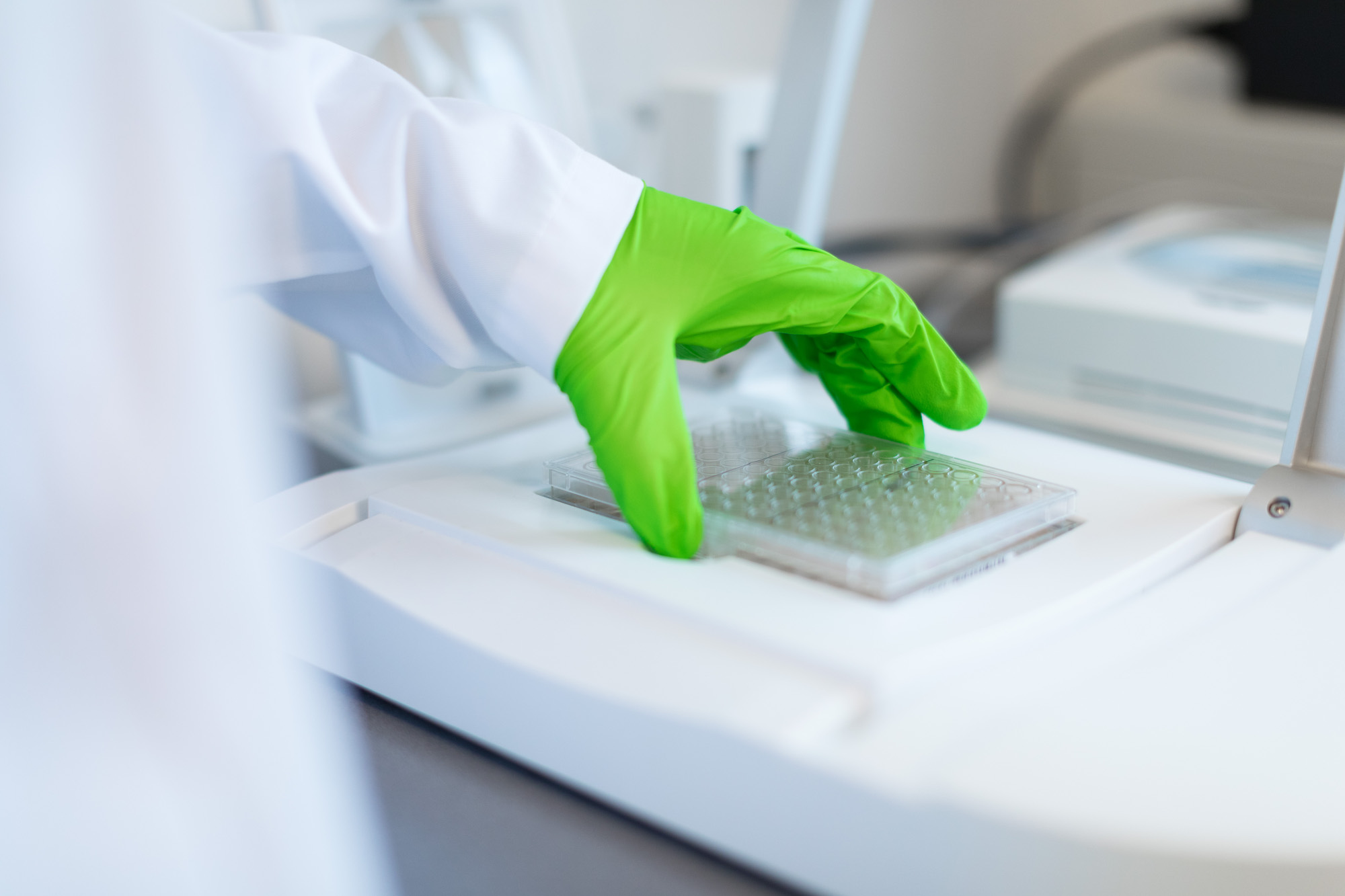The use of animals in biomedical research has been a longstanding practice, but it has become increasingly controversial due to concerns over animal welfare, ethical considerations, and the limited relevance of animal models to human biology, which contributes to the non-decreasing translational gap. The FDA has been encouraging the use of novel technologies in drug development, including iPSCs, and has issued guidance documents outlining the regulatory considerations for the use of these technologies1. This regulatory support for iPSC-based drug discovery is likely to encourage more companies to invest in the technology and accelerate its adoption.
Legislation in Maryland: alternative to animal testing needed
Following this shift by the FDA, the Maryland legislature passed a bill that reflects ongoing efforts to transform the way research is conducted and the long-standing reliance on animals1,2. The bill would require universities and companies that use animals such as monkeys or dogs in research to contribute to a new fund, which would then issue grants for alternate forms of research, such as cell-based assays, organs-on-a-chip, and computer models. The bill, which still needs to be signed into law by Governor Wes Moore, reflects the shared goal of animal rights activists, academic and government researchers, and biotech and pharmaceutical companies to move away from animal testing and towards more human-relevant research methods.
Shortage of research macaques in the US
Finally, the use of non-human primates (NHP) in drug discovery research is becoming increasingly difficult due to a shortage of research macaques in the United States, highlighting the need for alternative methods.3 This shortage is partially caused by a growing awareness of the ethical issues surrounding animal testing, as well as a number of supply chain disruptions caused by the COVID-19 pandemic.
Advantages of iPSCs over animal models
Fortunately, the development of induced pluripotent stem cells (iPSCs), offer a promising alternative to traditional animal models.
One of the key advantages of iPSCs over animal models is that they can be used to model human diseases and test potential drugs in a more accurate, consistent and ethical manner. By generating iPSCs from patients or healthy donors, researchers can create disease-specific models to be used in early drug efficacy and safety testing.
Another advantage of iPSCs is their scalability. Unlike medium and large animal models, which are a limited and expensive, iPSCs can be generated in large quantities and used for high throughput screenings. This allows drug developers to test new compounds in human biology with reproducible and relevant predictions.
As the integration of iPSCs in early drug discovery requires a high expertise, at Ncardia we have developed a platform to facilitate this step and help therapeutic developers to significantly reduce the number of animals required for later stages of drug development. Thus, reducing costs and increasing success rates.
Conclusion
In conclusion, the use of iPSCs in drug discovery offers numerous benefits, including more accurate representation of human biology, potential for personalized medicine, and regulatory support from the FDA. As therapeutic developers continues to move away from animal testing, iPSCs are becoming an increasingly important tool in the drug discovery pipeline and Ncardia can help you making the switch.
Contact with Ncardia to explore iPSC-based solutions for your projects.
Sources
- “S.5002-FDA modernization Act 2.0, https://www.congress.gov/bill/117th-congress/senate-bill/5002
- https://www.statnews.com/pharmalot/2023/04/24/maryland-monkeys-dogs-research-california-massachusetts/
- https://www.wsj.com/articles/the-u-s-is-running-out-of-research-monkeys-6b50c777?cx_testId=3&cx_testVariant=cx_164&cx_artPos=0&mod=WTRN#cxrecs_s

